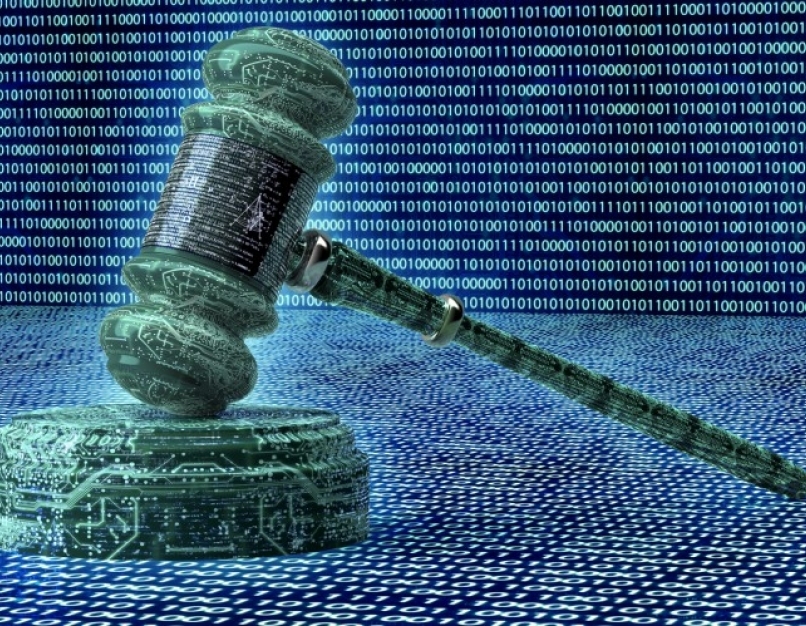Disclaimer: The views and opinions expressed by the author(s) do not represent the official position of Barbados TODAY.
Barbados has had a Computer Misuse Act in place since 2005, which was conceptually derived from the UK’s 1990 Computer Misuse Act. The latter was designed to protect computer material from unauthorised access and alterations. While the Internet was already well-established by the 1990s, the evolving complexity of computer-related crimes necessitated an updated approach. As a result, the Barbados government is on the verge of repealing the existing Computer Misuse Act and introducing the new Cybercrime Bill, which, even by its name, aims to be more comprehensive in scope.
Both the draft Cybercrime Bill and the existing Computer Misuse Act seek to regulate cyber activities and safeguard digital assets in Barbados. However, they differ substantially in their scope, penalties, and specific focus areas. One of the most striking differences is the Cybercrime Bill’s explicit emphasis on “critical infrastructure systems”. These systems include those related to public health, safety, and essential emergency services.
Unauthorised access to or interference with these systems would result in heavy financial penalties or significant imprisonment. In contrast, the Computer Misuse Act, while listing specific departments and organisations, does not explicitly categorise them as critical infrastructure.
The drafting of the proposed bill has been expertly overseen by former Chief Justice Sir David Simmons, who is the chairman of the Barbados Law Review Commission. The commission conducted extensive consultations with the goal of aligning Barbados’ future digital crime laws with international standards. This alignment is crucial for Barbados to remain relevant on the global stage.
The framework chosen for this endeavour is the Convention on Cybercrime, commonly known as the Budapest Convention. This treaty is the first of its kind, aiming to standardise national laws, enhance investigative techniques, and foster international cooperation in the realm of Internet and computer crime.
By utilising this model, our proposed legislation aims not just to create a safer and more relevant digital environment, but also to modernise our approach to digital governance by adhering to the Budapest Convention’s guidelines.
Much like a bustling city filled with endless possibilities, the Internet also requires a set of rules to ensure the safety of its users.
This is where the Budapest Convention comes into play, serving as an international rulebook designed to help countries fight against cybercrime. Let’s explore its six key areas:
1. Protecting Your Personal Stuff: Offences Against Confidentiality, Integrity, and Availability
Imagine someone breaking into your digital “home” to steal or mess with your stuff. This section is like a digital lock, making hacking and spreading viruses serious crimes.
2. No Cheating Allowed: Computer-Related Offences
Ever received an email saying you’ve won a million dollars but need to pay a small fee first? That’s a scam, and this section says it’s a big no-no. It covers all kinds of online trickery aimed at stealing your money or identity.
3. Keeping the Internet Clean: Content-Related Offences
This section aims to tackle the sharing of harmful or illegal content, including child pornography, which is one of the most severe forms of content-related offences. The Convention provides guidelines for countries to criminalise the production, distribution, and possession of child pornography, and it encourages international cooperation to combat this heinous crime.
4. Respect the Artist: Offences Related to Copyright
Ever downloaded a song or a movie without paying for it? This section is about giving credit where it’s due. It’s like telling you not to take someone else’s painting and claim it as your own.
5. How to Catch the Bad Guys: Procedural Law
This is the detective part. It guides the police on how to collect evidence from computers and even across borders. Imagine it as the rulebook for a game of digital “cops and robbers”.
6. Teamwork Makes the Dream Work: International Cooperation
What if the bad guy is in another country? This section is all about teamwork. Countries can help each other catch criminals, like a global game of “capture the flag”, but for real-life bad guys.
While I don’t expect the introduction of this bill, whenever it is proclaimed, to be the silver bullet for mitigating digital crime in Barbados, it does address the critical elements essential for a modern digital crimes bill. Additionally, it provides the justice system with a set of tools to: 1) protect our connected systems; 2) combat the ever-evolving sophistication of cybercrime; and 3) secure the legal capacity for international cooperation when necessary.
Steven Williams is the executive director of Sunisle Technology Solutions and the principal consultant at Data Privacy and Management Advisory Services. He is a former IT advisor to the Government’s Law Review Commission, focusing on the draft Cybercrime bill. He holds an MBA from the University of Durham and is certified as a chief information security officer by the EC Council and as a data protection officer by the Professional Evaluation and Certification Board (PECB).
Steven can be reached at: Mobile: 246-233-0090 Email: steven@dataprivacy.bb




